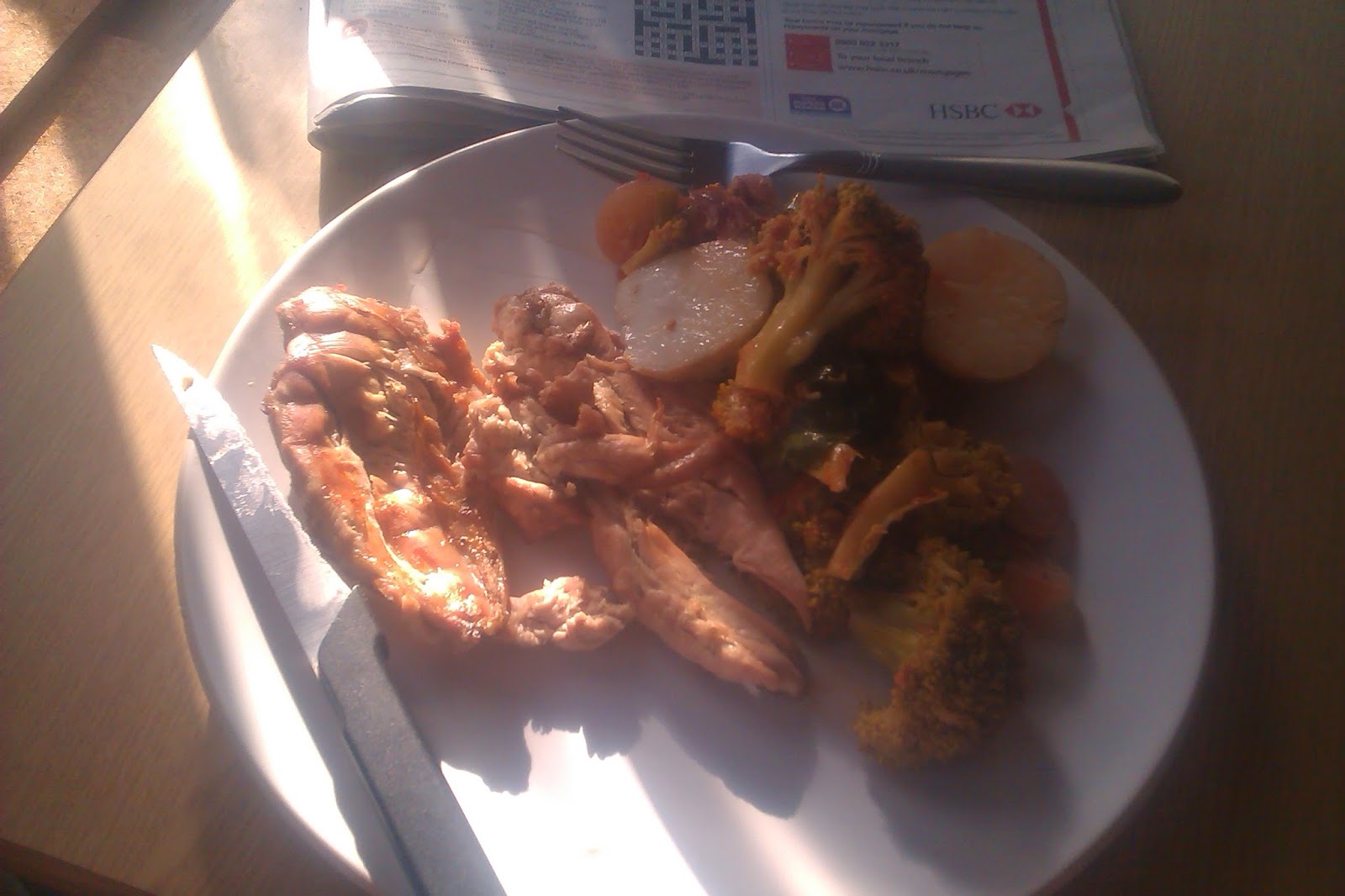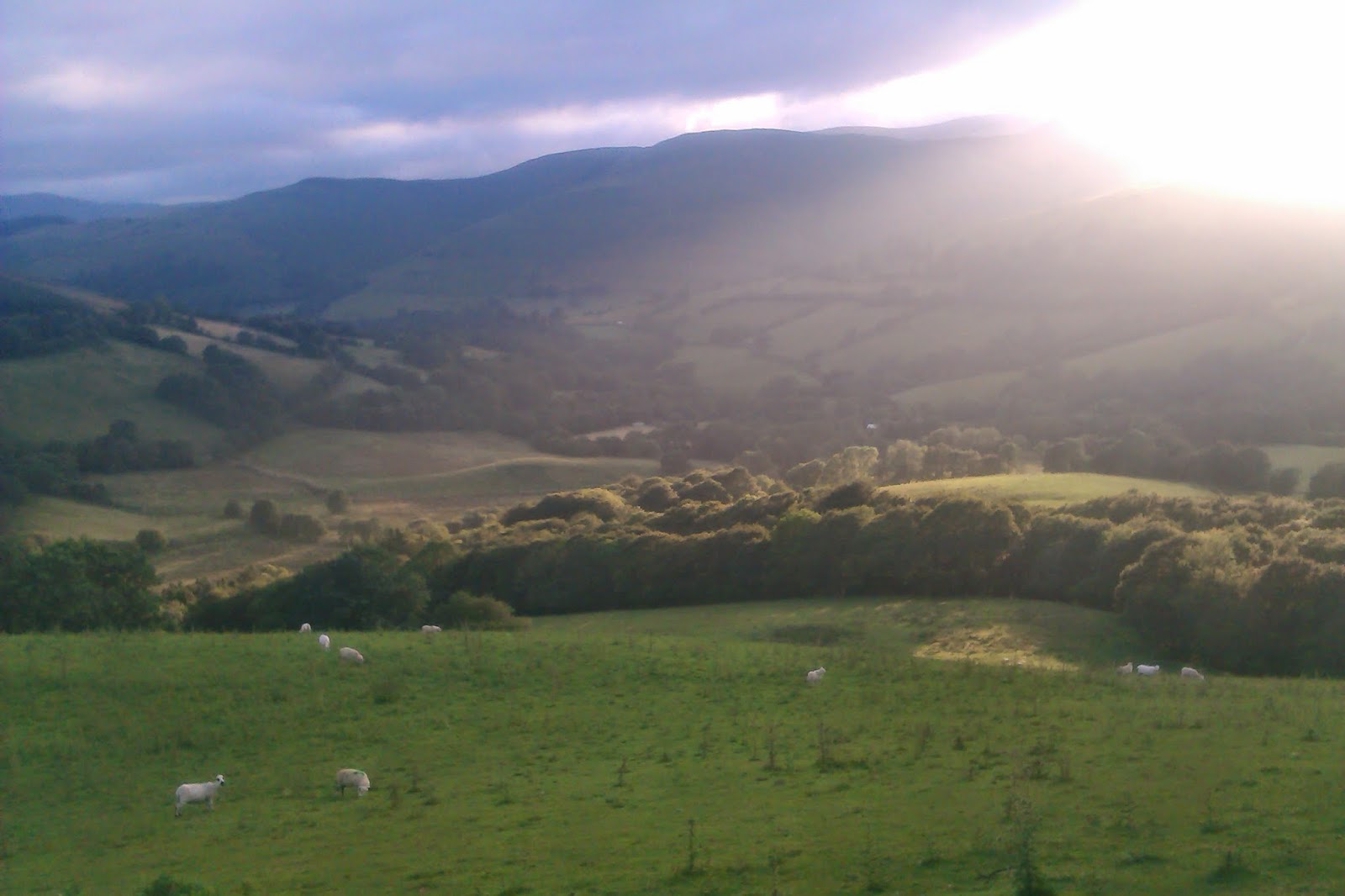 |
| Riding a fossil-fuel-powered fossil |
I am even more off grid than usual. Off the phone grid, for over a week now. Orange's antiquated 2G network that is usually the best this Welsh valley can offer has without warning simply vanished. Zero signal on my land or anywhere nearby, although if I cycle a mile westwards I can sometimes pick up a fade-in fade-out signal.
I can't even call Orange up because I'm not their customer – my contract is with 3 who never bothered to put their 3G network here but just hand me over to Orange instead. I cycled three miles to get within range of 3's network and logged a complaint on their mobile website, ticking the “call me back” option. Fortunately they called me back the next day when I happened to be out and about and with signal, so I was able to explain the problem to first one chap and then another. Having batted away the standard offer of a broadband-linked “booster” to provide mobile coverage indoors (he seemed startled by my lack of broadband) he eventually agreed to contact Orange and get back to me, within seven days. Orange must be pretty tricky to get hold of. Anticipating them having difficulty in contacting me back, we agreed that he would leave me a voicemail and I would call him back when I could.
 |
| My first cucumber - it got less spiky as it got bigger |
Perhaps more than most I am reliant on my phone in case of accident, there being no one else here to call an ambulance or flag down a passing car. It is true that emergency calls are supposed to use any available network if the usual one is missing, though I'm not sure if the other networks are available either. Certainly Vodafone isn't but I think O2 might be, or certainly used to be.
So it's a case of being extra careful of not falling in the river while I wait for Orange to fix the glitch, and mobilising other hapless local Orange customers to raise the issue with them as well. If they realise that people do actually live in these remote hilly parts and occasionally want to contact each other by phone, perhaps something will be done.
 |
| The last of the new potatoes |
I am having to come to terms with the extra isolation of having no texts or calls from anyone. If I didn't venture out I would see or hear from no one, with the sole exception of the gamekeeper who still drops by once or twice a day to feed the young pheasants. There is something primally restful about embarking on a task in the knowledge that the only interruption possible is someone physically turning up. The number of times that's happened without prior warning can be counted on the toes of a pheasant.
I make a communications trip each morning to the petrol station where I can normally get a bit of signal and conduct my affairs by text message for a few minutes. I am probably at my most unreachable since 1997 when I got my first mobile, a hefty but at the time thrilling Nokia 3110, and that includes times living in the savannah in South Africa and trekking in Patagonia.
Another pheasant died, I found it still warm by the entrance to my garden with no obvious attack marks. Perhaps it was hit on the road and found its way down here to lay down and die. Perhaps it had a disease, but the gamekeeper reckoned if so it wouldn't affect humans. Or maybe it just died of longing to get into my bountiful garden of delights. As I type this I am anticipating another protein hit of fresh game meat.
The garden as of yesterday









